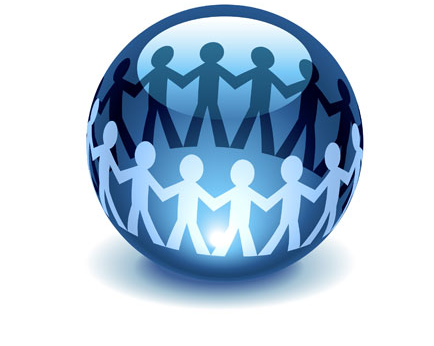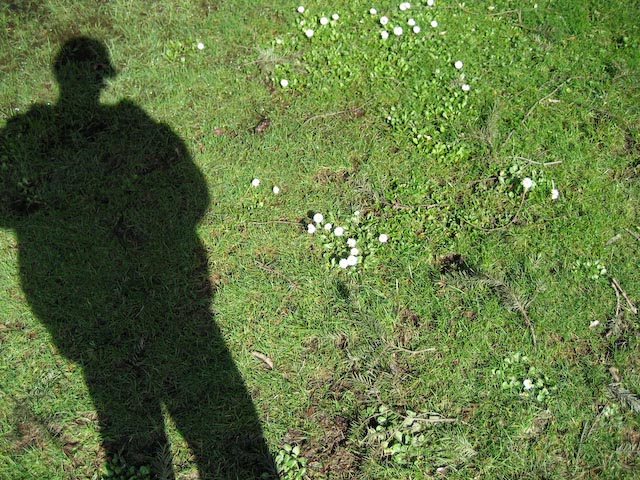
A recent blog post by one of my favourite writers, Alexandra Samuel and an article in the New York Times about some research which suggests that teenagers who use the Internet at home are less likely to have good grades at school has motivated me to start a new series on Social Media. Samuel quotes Matthew Gallion who bemoans the fact that social media are about seeking approval from friends rather than about communicating ideas and emotions. The latter is only possible within the real context of coffee houses and homes.
In the New York times article two studies are quoted both of which use relatively small samples to make enormous claims. The researchers brought computers into households with teenagers and discovered that the teenager's school grades went down because of the computer's presence in the household. The second small study found a similar trend in Virginia among poorer households. Aside from the obvious dangers of taking small studies which inevitably trend in the direction that researchers assume from the start, there is the further and much more serious issue of generalizing to teenagers as a whole.
The metaphor that underlies this approach is that the Internet and especially social media are by definition, distractions. But, distractions from what? A closer look at the studies mentioned in the Times reveals that little is said about the quality of the educational institutions that the teenagers were attending. The studies abstract the reality of schooling from the home and vice-versa. How about this argument? The schools the teenagers were attending in Romania and Virginia were so bad that they needed the distractions of social media to engage in the interpersonal learning experiences that the schools denied.
I am being facetious here, but this constant thematic of social media as destroyers of human capacity and learning, as an interruption to processes that are otherwise not only better, but more substantive belies the fact that social media are a disruptive force and intentionally so. Matthew Gallion has the same problem in his analysis of the authenticity of the coffee house as a place of communications and interchange. Come on.
There is no way of generalizing here. Most "real" conversations happen to be pretty inauthentic to begin with and there is not a special utopian place where conversations break down the conventional barriers that people put up to exchanging real emotions and feelings with each other. The problem with these articles and analyses is that the Internet and by extension social media come to represent the opposite of some idealized space that we can no longer access. This is bad social science and a terrible use of anecdotal evidence to make broad claims that have little to do with the realities of modern day communications.
Communications among people, both interpersonal and social are always fraught with errors, blockages and challenges. There would be little need to communicate if we weren't constantly trying to overcome differences in understanding and perspective. Social media add another potential layer to misunderstanding and understanding — another layer to what we do everyday, which is converse with our family, friends, colleagues and neighbours.
The issues surrounding learning are equally complex. Schools are not necessarily places of learning and are not the ideal environment versus some baser realities in the communities and households we inhabit. As with everything, some schools and some classes in those schools work and others don't. Some aspects of social media work to increase communications among people and others don't. Distractions are real and always have been. Some teenagers prefer to ride their bicycles instead of studying history. Perhaps it is time to seek new metaphors and models to explain what is happening today. Yes, the Internet disrupts. And yes, all new forms of communications historically have disrupted the social order of their time. Ironically, social media might well be the best opportunity we have had in decades to open up learning to many new modalities and to harness the energy of conversation for the public good.
 Sunday, August 15, 2010 at 9:16AM
Sunday, August 15, 2010 at 9:16AM 
 Data,
Data,  New Media in
New Media in  Networks,
Networks,  New Media,
New Media,  Photography
Photography 


